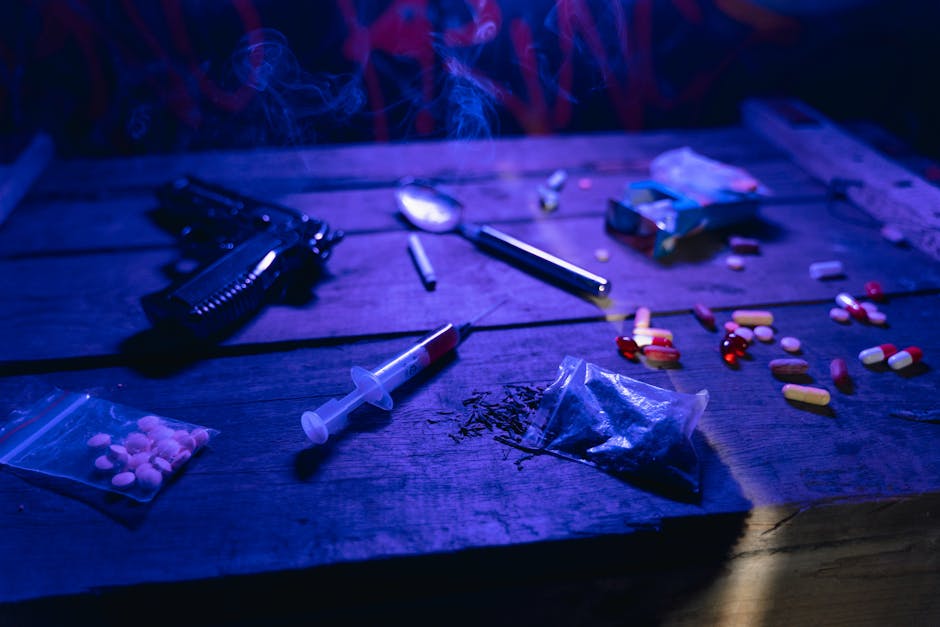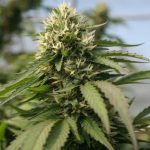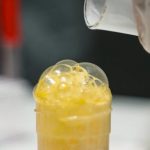Prague, the capital city of the Czech Republic, has recently seen a surge in the availability of Brazilian cocaine. This new development has raised concerns among law enforcement and health officials, as the city’s drug scene continues to evolve.
The introduction of Brazilian cocaine to the Prague market has been attributed to the city’s growing reputation as a hub for international trade and tourism. As people from different parts of the world visit and settle in Prague, they bring with them their own cultural practices and preferences, including their drug of choice.
Characteristics of Brazilian Cocaine
Brazilian cocaine is known for its high purity and unique flavor profile, which sets it apart from other types of cocaine available in the city. The cocaine is often cut with other substances, such as baking soda or lidocaine, to increase its volume and profitability.
Impact on Prague’s Drug Scene
The availability of Brazilian cocaine has had a significant impact on Prague’s drug scene, with many users seeking out the new and exotic substance. However, the increase in cocaine use has also led to concerns about the potential health risks associated with the drug, including addiction, overdose, and the transmission of blood-borne diseases.
Law Enforcement Response
In response to the growing presence of Brazilian cocaine in Prague, law enforcement agencies have increased their efforts to combat drug trafficking and distribution. This includes conducting raids on suspected drug dens, arresting dealers and traffickers, and seizing large quantities of the substance.
- Increased awareness about the risks associated with Brazilian cocaine
- Improved cooperation between law enforcement and health agencies
- Implementation of effective strategies to reduce drug trafficking and distribution
By taking a proactive approach, Prague can mitigate the negative effects of Brazilian cocaine and ensure the safety and well-being of its citizens.
Efforts to Combat the Issue
The Czech government has taken steps to address the problem of Brazilian cocaine in Prague. Law enforcement agencies have increased their presence in areas known for drug activity, and have implemented new strategies to identify and apprehend dealers and traffickers.
International Cooperation
In addition to domestic efforts, the Czech government is also working with international partners to combat the issue of Brazilian cocaine. This includes collaborating with law enforcement agencies in Brazil and other countries to share intelligence and best practices for addressing the problem.
For example, the Czech Republic has signed agreements with Brazil to cooperate on issues related to drug trafficking and organized crime. This cooperation has led to the seizure of large quantities of cocaine and the arrest of several high-profile traffickers.
Public Awareness Campaigns
To reduce demand for Brazilian cocaine, the Czech government has also launched public awareness campaigns to educate citizens about the risks associated with the drug. These campaigns have included advertisements on television and social media, as well as outreach programs in schools and community centers.
The campaigns have focused on the potential health risks of using Brazilian cocaine, including addiction, overdose, and the transmission of blood-borne diseases. They have also highlighted the social and economic consequences of drug use, including the impact on families and communities.
Support for Addicts
In addition to efforts to reduce demand and combat trafficking, the Czech government has also increased support for individuals struggling with addiction. This includes providing access to treatment and counseling services, as well as implementing programs to help addicts recover and reintegrate into society.
For example, the city of Prague has established a number of treatment centers and support groups for individuals struggling with addiction. These programs have been shown to be highly effective in helping addicts recover and reduce their risk of relapse.
- Continued international cooperation to combat trafficking
- Increased support for addiction treatment and recovery programs
- Ongoing public awareness campaigns to educate citizens about the risks of Brazilian cocaine
By taking a proactive and comprehensive approach, Prague can address the issue of Brazilian cocaine and create a safer and healthier community for all its citizens.
Challenges and Opportunities
The rise of Brazilian cocaine in Prague presents both challenges and opportunities for the city’s law enforcement and health agencies. One of the main challenges is the need to adapt to the changing drug landscape and develop effective strategies to combat the new threat. This requires increased cooperation and information-sharing between agencies, as well as the development of new tactics and techniques to identify and apprehend dealers and traffickers.
Intelligence-Led Policing
Intelligence-led policing is a key component of the city’s response to Brazilian cocaine. This involves gathering and analyzing intelligence on the drug trade, including information on trafficking routes, dealer networks, and user patterns. By using this intelligence, law enforcement agencies can target their efforts more effectively and make a greater impact on the drug trade.
For example, the Czech police have established a specialized unit to focus on Brazilian cocaine, which uses intelligence and undercover operations to identify and disrupt dealer networks. This unit has been successful in seizing large quantities of cocaine and arresting several high-profile traffickers.
Community Engagement
Community engagement is also an important part of the city’s response to Brazilian cocaine. This involves working with local communities, including residents, businesses, and community groups, to raise awareness about the risks of the drug and to build trust and cooperation with law enforcement agencies.
For example, the city has established a number of community outreach programs, which provide education and support to individuals and families affected by Brazilian cocaine. These programs have been successful in reducing demand for the drug and promoting positive change in local communities.
Regional Cooperation
Regional cooperation is also essential in combating the trade in Brazilian cocaine. The Czech Republic is working closely with neighboring countries, including Germany, Poland, and Slovakia, to share intelligence and best practices, and to coordinate efforts to disrupt trafficking routes and dealer networks.
This cooperation has been successful in reducing the flow of Brazilian cocaine into the region and promoting a more effective response to the drug trade. For example, the Czech police have worked with German authorities to seize large quantities of cocaine and arrest several high-profile traffickers.
- Increased use of intelligence-led policing to target dealer networks
- Expanded community outreach programs to raise awareness and reduce demand
- Strengthened regional cooperation to disrupt trafficking routes and promote a more effective response to the drug trade
By taking a proactive and comprehensive approach, Prague can address the issue of Brazilian cocaine and create a brighter future for its citizens.







I commend the author for tackling this complex issue with nuance and sensitivity. The article raises important questions about the social and economic factors that contribute to drug trafficking and highlights the need for a multifaceted approach to addressing this problem.
The article highlights a disturbing trend in Prague\
I found this article to be very informative and insightful, shedding light on a critical issue that affects not only Prague but also other cities around the world. The author provides a thorough analysis of the situation and offers practical solutions.
As someone who has lived in Prague for several years, I can attest to the fact that the city\